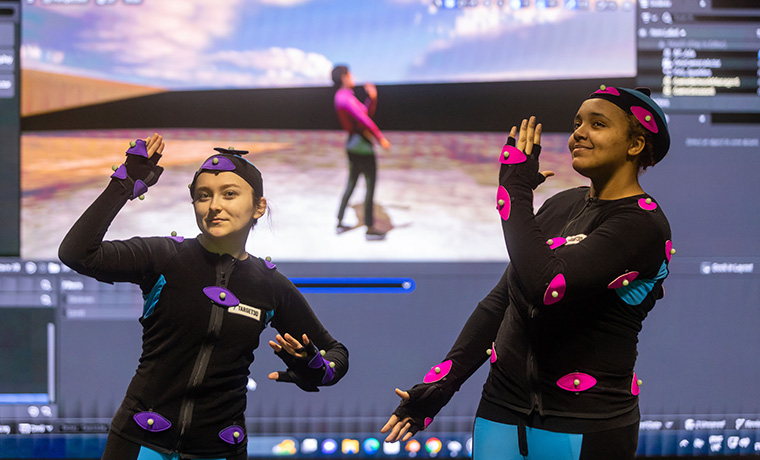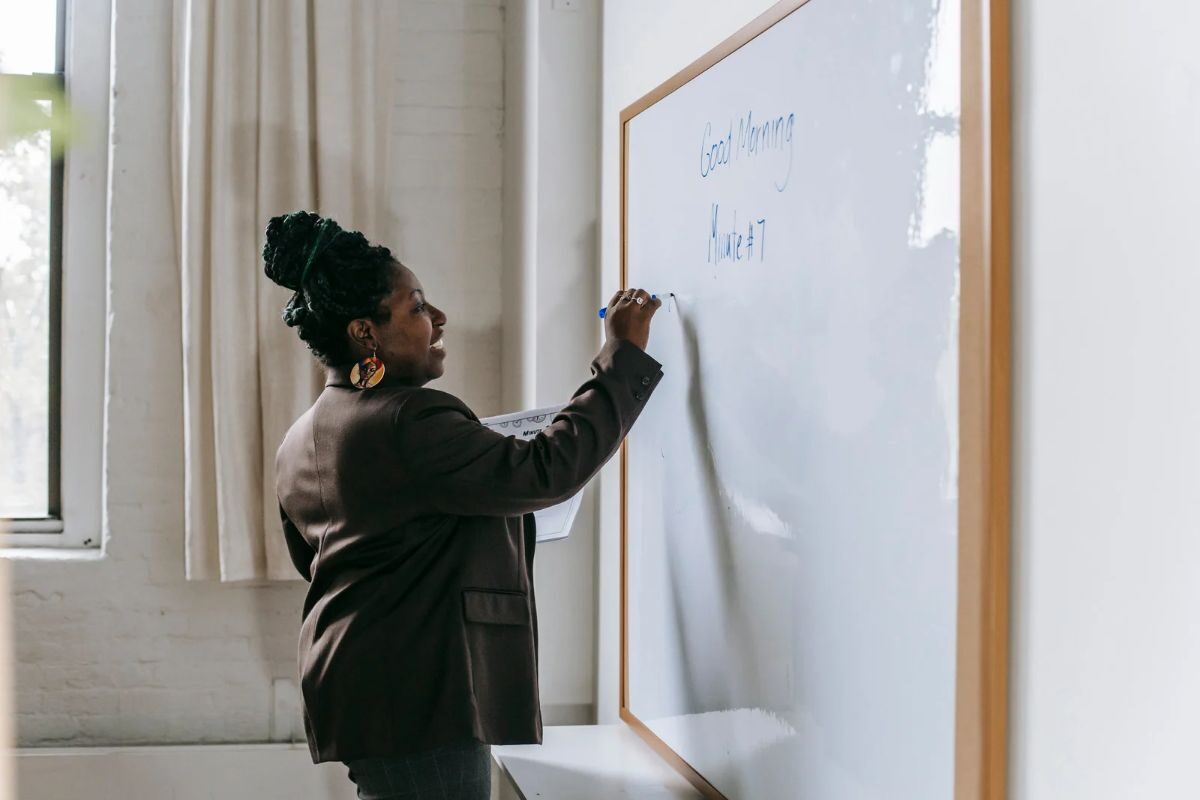Fostering a strong digital culture

Schools across the country have invested in tech and bought the solutions that will, in theory, end their digital woes. From Teams-based virtual classrooms to subject webpages for resource sharing, the tech is in place, but what happens next? Do staff understand how it is helping them? Do they understand the benefits to teaching and learning, planning, collaboration and streamlining workflows? Oftentimes the technology is implemented but creating the culture and skills necessary for the whole staff body to use it, needs to be driven further.
There are a few ways that schools can create that culture, but internal advocacy is one of the strongest and most effective. By establishing a ‘digital champion’, someone who is eager to explore and learn the technology and can knowledge-share with the team, schools can cultivate the skills-based digital culture they need to succeed.
Empowering school leaders and a small number of strong advocates is a key step on the road to digital maturity for any school. Here are the benefits of doing this, the pitfalls to look out for, and the steps schools can take to begin the next stage of their digital journey that comes after the technology is in place.
The value of internal digital champions
In any given school, there tends to be one or two individuals who are passionate about using digital solutions to enhance teaching and learning. These pockets of isolated individuals might use technology really well, understand it, and believe in its benefits. But that is usually where it ends. You rarely see that passion and knowledge spread any further and this puts attitudes and usage of digital solutions at risk of staying the same or stagnating.
The DfE’s recent report on digital maturity in schools found that although a strong leadership focus on technology, with a clear steer and direction from the senior leadership team on its use was important, there were other significant factors for success. Strong staff buy-in, expertise of staff and availability of ‘technical experts’ (in other words, digital champions) also played a strong part in supporting schools to become digitally mature entities.
But teachers are busy people, to say the least. Some may have been teaching for years or even decades. If they have found a way of working that suits them, then they may question the need to change anything. So when the technology is introduced, whether it be virtual classrooms or enhanced email functionality, it might end up being ignored in favour of the path well-trodden.
Encouraging the tech-oriented members of staff to bring others up to speed with technology will expose them to the benefits of using it – after all, children are preparing now for careers that do not even exist. They are usually more adept at using new technology than their teachers, but they won’t get the exposure they need in order to be fully prepared for the jobs of the future unless their teachers can use it themselves.
So, without the individuals there to champion the use of technology and share knowledge, you won’t find an even spread of good practice across the education sector and the number of children (and staff) benefitting from it will remain low.
A vital voice for staff
Getting every stakeholder onboard can be half the battle when it comes to implementing technology in schools, and that doesn’t change once the solution is in place. Generally, when change is imposed from the top down, it becomes more likely for those affected by the change to resist or show reluctance to engage. That’s why having a digital champion is so important. This internal advocate can become the voice for staff while imparting their own knowledge of the technology available.
The DfE’s report also found that some of the less digitally mature schools thought that their staff lacked confidence to drive technology use forward in school. This tells us that increasing staff confidence in technology usage can lead to high levels of digital maturity.
What schools can do now
The first thing school leaders can do is, of course, identify the pockets of staff that have a willingness to learn and embrace new technologies and solutions. As well as the staff who have completed training and are proficient in using it on a regular basis, and the staff who believe that it enhances their teaching practices, are the ones to look for. These staff can then be used as beacons of practice, and the model could be that they then partner with a more reticent colleague. You can cultivate that passion by exposing them to extra training, perhaps run by the suppliers themselves. Some suppliers even run programmes specifically for this purpose.
The experienced digital champion, once established, will eventually be in a position where they can then go out to the other teachers in their year group, teachers in other year groups or key stages and share the knowledge they have gained. They get to organically grow the use of those products in their school. They have already seen how it can be used, and now they are ready to share that in order to cultivate a digitally focused culture amongst teaching staff at the school.
There are so many innovative digital solutions available for schools to implement. With them comes a huge opportunity to create a digitally mature staff body by spreading the knowledge and passion that you find. This is the time to take that opportunity, and use it.
By Mark Hodges, Education Sector Lead at Cantium Business Solutions












Responses